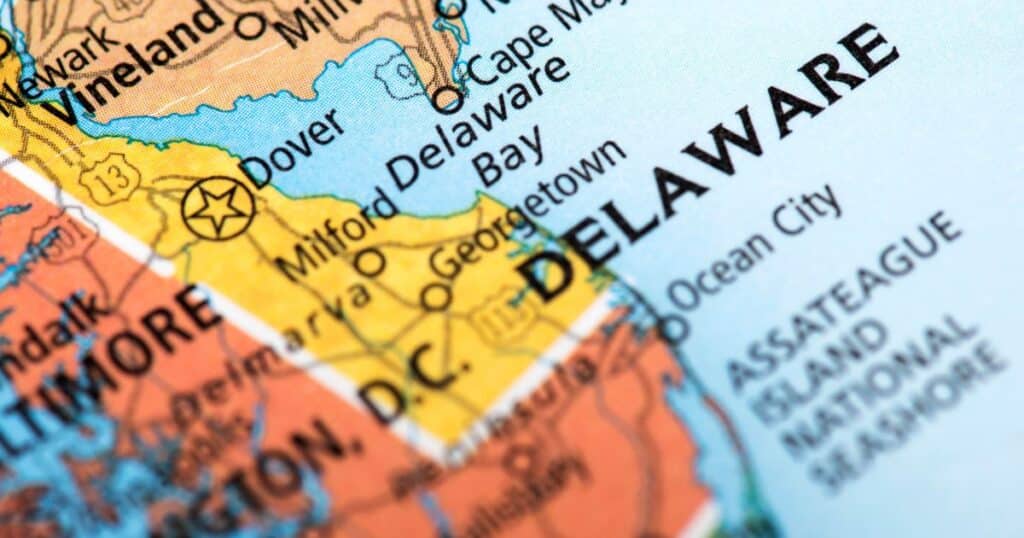Recent actions taken by Delaware legislators have the potential to significantly change the landscape of medical marijuana access in the state.
With the advancement of House Bill 285 (HB 285) to the Governor’s desk, there’s a clear nod toward expanding the outreach of medical marijuana to a broad spectrum of patients. Once signed into law, this bill could mean critical access for thousands more individuals in Delaware.

Changes in Patient Certification and Accessibility
HB 285, sponsored by Rep. Ed Osienski (D), if ratified, stands to redefine who can access medical marijuana.
“This Act amends the Delaware Medical Marijuana Act by removing the requirement that a patient have a debilitating medical condition to qualify for a registry identification card, instead allowing health-care providers to make the determination of whether a patient has a diagnosed medical condition for which the patient would receive therapeutic or palliative benefit from the use of medical marijuana.”
This revamp allows healthcare providers to make the call about a patient’s qualification based on their diagnosis and the potential therapeutic or palliative benefits associated with medical marijuana use.
The bill includes a particularly revolutionary provision by empowering patients aged 65 and older to self-certify for a medical cannabis registration card without the often lengthy process of acquiring a doctor’s recommendation.
The Medical Marijuana Legislative Journey
Holding a long-standing medical cannabis access program since 2011, Delaware has been on a course toward pragmatic drug policy that places the patient’s needs at its core.
With the adult-use marijuana legislation approved last year and set to go into effect next year in 2025, the current bill to enhance medical access demonstrates a continuity of progressive thinking that incorporates evolving best practices for public health.
If adopted, HB 285 will notably democratize medical marijuana access in Delaware, a crucial shift from the previous conditions-based system. The removal of age and disease-specific eligibility requirements is a significant leap toward individualized patient care, aligning legislative norms with the professional judgment of practicing medical experts.
During the bill’s progression through the chambers, the testimonies of various stakeholders significantly enhanced its merit.
Notably, NORML’s Deputy Director, Paul Armentano, provided support with testimony highlighting the undue governance over medical practices and the urgent need for patient-tailored flexibility.
“Physicians in Delaware are limited to recommending medical cannabis solely to those patients who possess one of a limited number of state-specific qualifying medical conditions. This condition list was created by lawmakers, not by health professionals. A case in point. Neither fibromyalgia nor Tourette Syndrome currently appear on Delaware’s qualifying condition list.”

While awaiting the Governor’s decision on HB 285, the bill passing through the state’s legislative process signals a step toward broader medical marijuana access.
The bill’s potential to benefit more patients and prioritize clinical judgment reflects a move towards holistic healthcare decisions in the state. With hopes for a positive outcome, Delaware is on the brink of a significant policy change that could improve the lives of many through an enhanced medical cannabis program.























